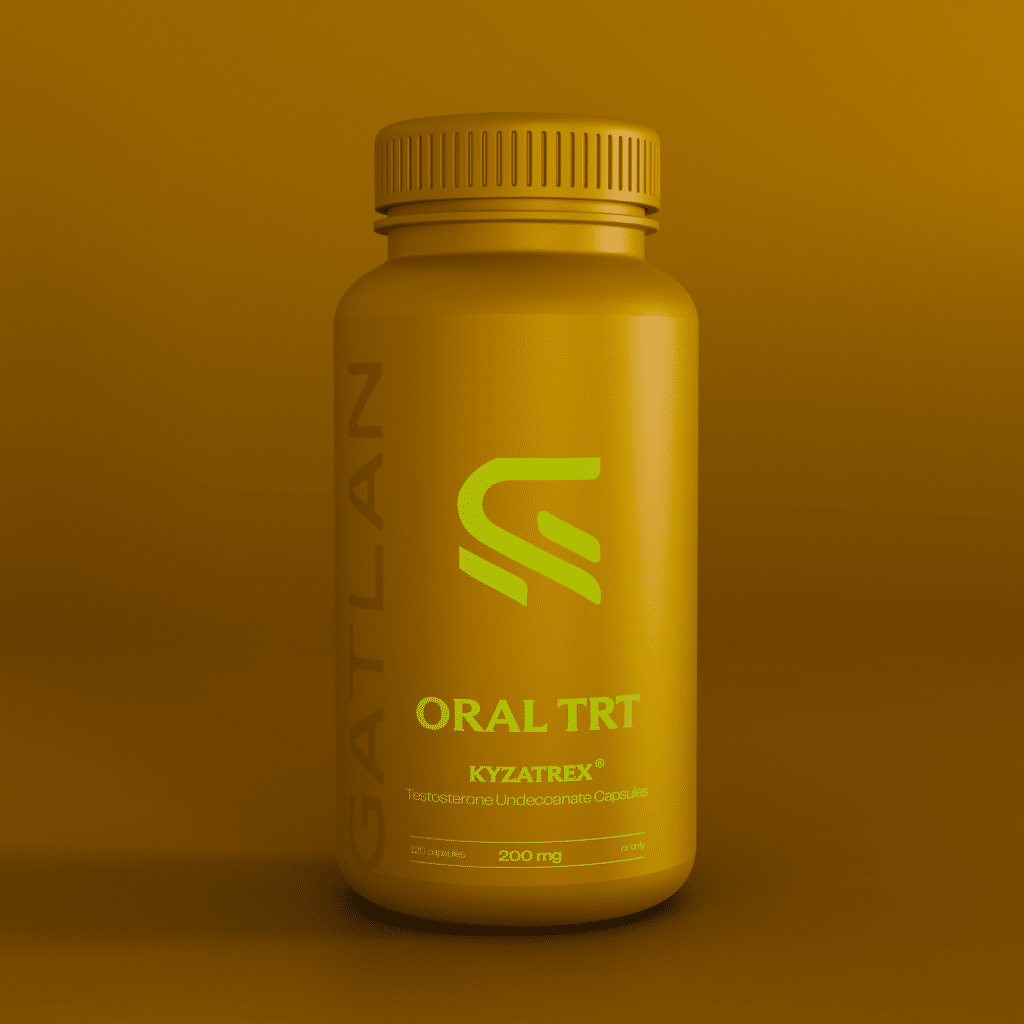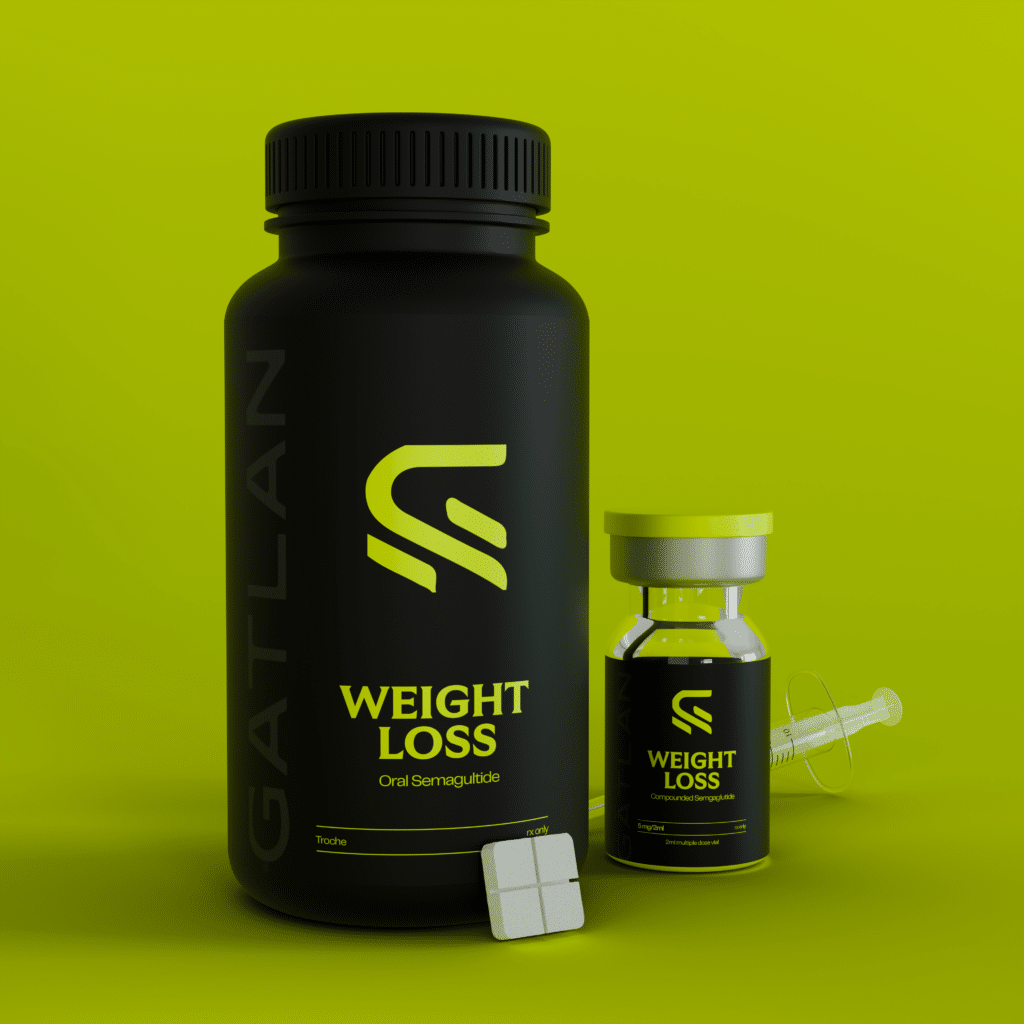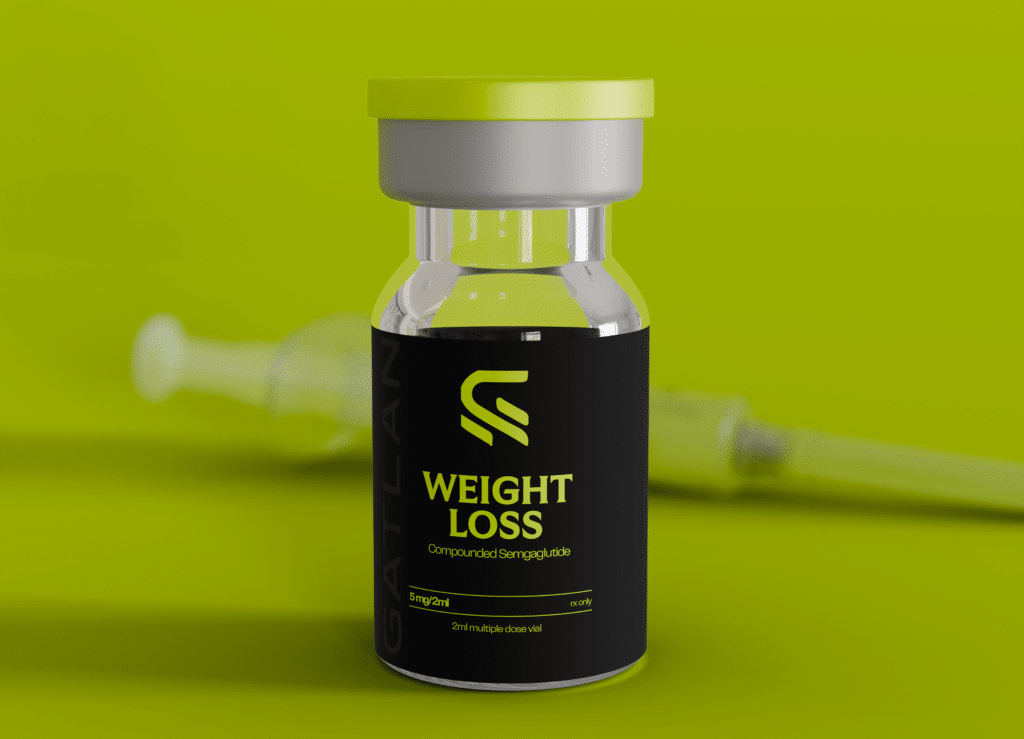Live Stronger. Longer.
Get your edge back with mental and physical wellness products designed for men, by experts.
Strength, confidence, vitality.
Reclaim what’s yours.

Do you want to feel stronger, live longer, and be a better you?
Testosterone ReplacemenT

GLP-1 Weight Loss

Built on Trust, Backed by Experts
New York Times bestselling author and medical school professor (UCLA/USC), Dr. Robert Lufkin brings decades of expertise to Gatlan, leading the development of innovative formulations and redefining the standard for men’s health.
CHIEF MEDICAL ADVISOR: DR. ROBERT LUFKIN
Dr. Lufkin is world renowned in the applied science of health, longevity, and consciousness, and how they can significantly change your life when integrated.
Results are 4 simple steps away
Your best self is waiting. Take control, transform, and thrive.
Share your medical history, symptoms, and goals. If needed, send in bloodwork for our TRT evaluation. Our efficient process keeps it simple, so you can feel healthier, sooner.

We’ll work with you to create a customized plan that works with your goals and lifestyle.

Your prescribed treatment will be shipped to your doorstep—quickly and discreetly.

We’re committed to your transformation, every step of the way. As a member, you get free, unlimited follow-ups with your provider to ensure you stay on track and seize your full potential.









Join our community and get early access to products and support for men ready to take charge. A stronger, bolder, braver you—starting now.









